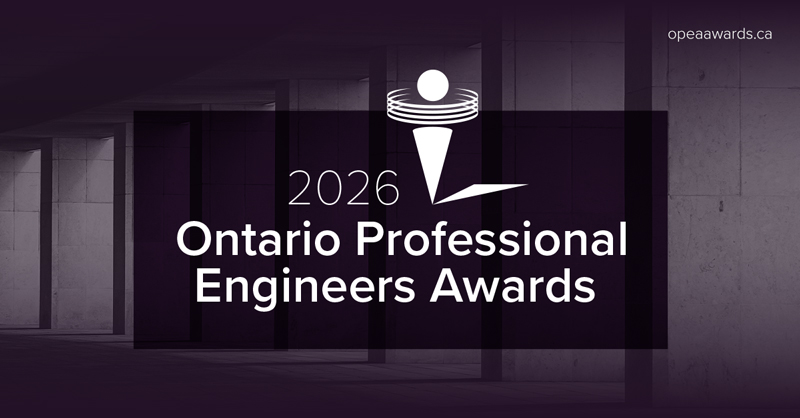Canada helped invent modern Artificial Intelligence (AI) — but leadership today depends on safe deployment, sovereign infrastructure, world-class talent, and clear rules that earn public trust. Engineers are central to this mission: they design the systems, manage the risks, and turn research into reality. The Ontario Society of Professional Engineers (OSPE) has submitted its recommendations to the Government of Canada’s 30-day national engagement on the country’s renewed Artificial Intelligence (AI) Strategy.
To shape this submission, OSPE issued an open draft and invited targeted member feedback structured around the federal consultation questions, which covered research and talent, adoption, commercialization, scaling, safety, skills, infrastructure, and security.
The final version reflects input from a range of OSPE members — from AI practitioners and data engineers to infrastructure specialists — ensuring that the engineering perspective is well represented in Canada’s AI strategy.
The submission includes two parts:
- A concise position document outlining engineering priorities; and
- OSPE’s official responses to the Government of Canada’s online survey.
OSPE’s Key Recommendations
1. Accelerate Safe AI Adoption
Create practical “rules of the road” for high-risk applications, shared testing and assurance frameworks, and public procurement models that reward safety, performance, and transparency.
AI adoption must move as quickly as technology evolves — especially across sectors like health, energy, infrastructure, and transportation — but always with safeguards in place.
2. Scale Canadian AI Champions
Support Canadian companies developing AI solutions through patient capital, smart incentives, and mid-stage scaling support. Protect Intellectual Property (IP) and create commercialization pathways that keep economic benefits in Canada.
3. Strengthen Sovereign Infrastructure
Build a hybrid public–private AI infrastructure with secure compute, quality data, and reliable cloud access. This includes regional availability for researchers and subject matter experts, transparent governance, and a strong commitment to Canadian data sovereignty.
4. Build Skills, Literacy, and Trust
Develop fast, stackable training programs in AI safety, machine learning operations, and assurance, complemented by sector-specific playbooks. Build public trust through transparent standards, safety audits, and clear communication that Canadians can understand.
As the voice of Ontario’s engineering community, OSPE will continue to advocate for engineer-led, evidence-based approaches to artificial intelligence that keep Canadians safe and strengthen the economy.





Leave a Comment